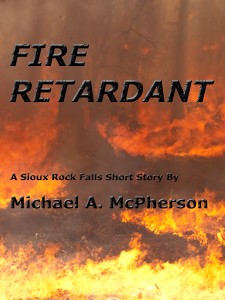Genre Fiction Sells Well on Kindle
Genre fiction is selling so well on Kindle that Amazon is stepping further into the publishing roll. They’ve opened up an imprint, Montlake Romance, that will publish everything from paranormal romance to suspense romance.
The good news for me and other genre fiction writers is that they intend to expand into other genres, maybe mystery and SF. This means they’ll be looking for talent, and my guess is they’ll go looking at Kindle sales figures of indie e-pubbed authors to see who they should pick up. It’s sort of a wiki to sort through the slush pile, no expensive acquisition editors to house and feed.
This, of course, will have traditional publishers frothing at the mouth. They merged into the big six over the last twenty years because they don’t like competition. They’ve consoled themselves over the last few months that paper books are still 80% of book sales, and they’ve got their fingers crossed that e-readers will just be a fad that will go the way of the CB radio.
But now Amazon launches Montlake and says it will be for e-books AND print books. Clearly Amazon has an eye on that 80% of book sales too.
An argument I’ve heard from authors who are traditionally published is that by e-publishing I’ll only be selling to 20% of the market while crossing my fingers in hopes that e-book sales continue to rise. But what if my sales are good enough to get noticed by Amazon? Maybe they could end up being my print publisher. Anything is possible in this new publishing world, and it beats the heck out of writing query letters to overworked literary agents.
